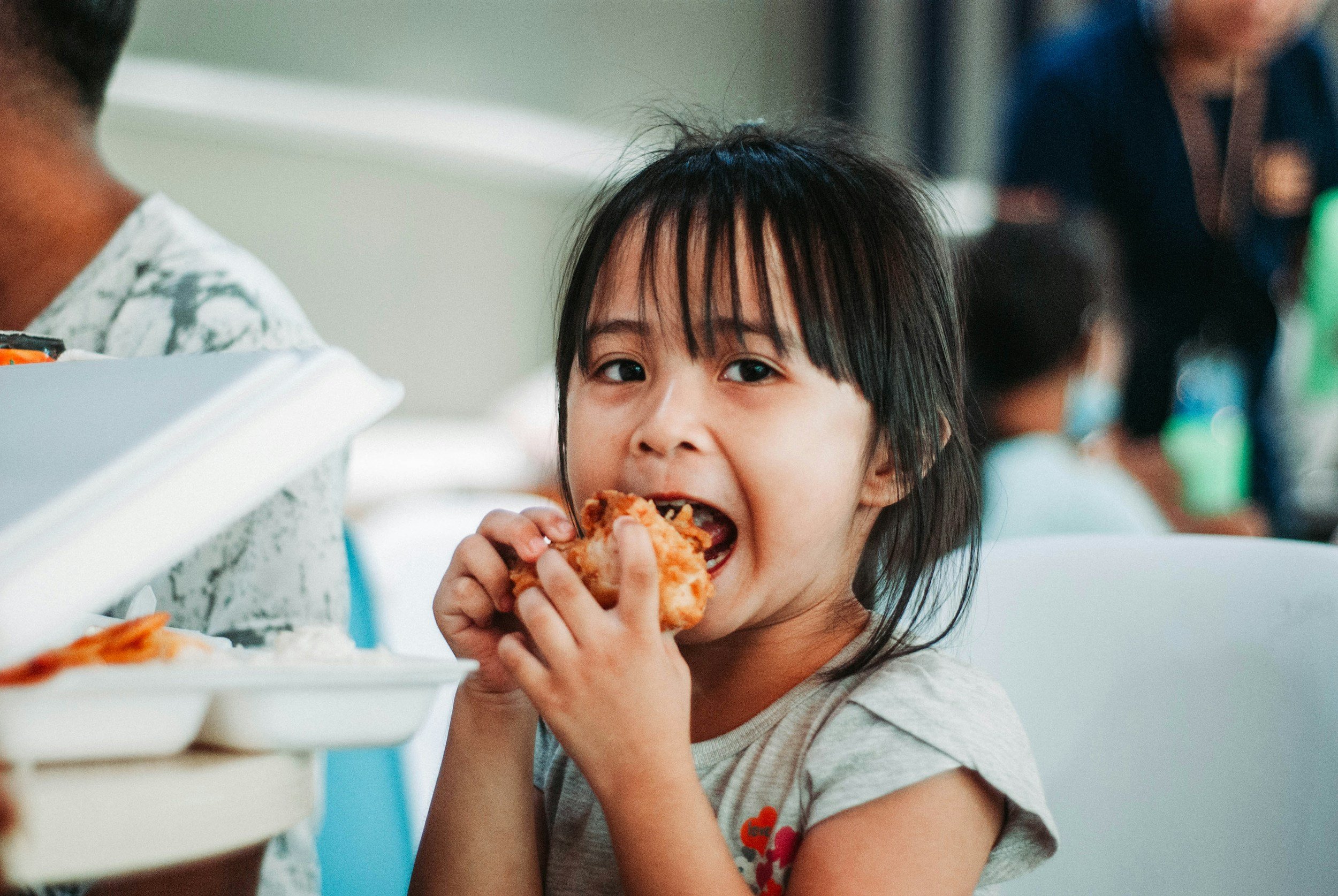
Hawaiʻi is last in the nation for serving after-school suppers to low-income keiki
Finding ways for more programs to serve after-school suppers can provide financial support to these essential programs as well as reduce childhood hunger in Hawaiʻi.
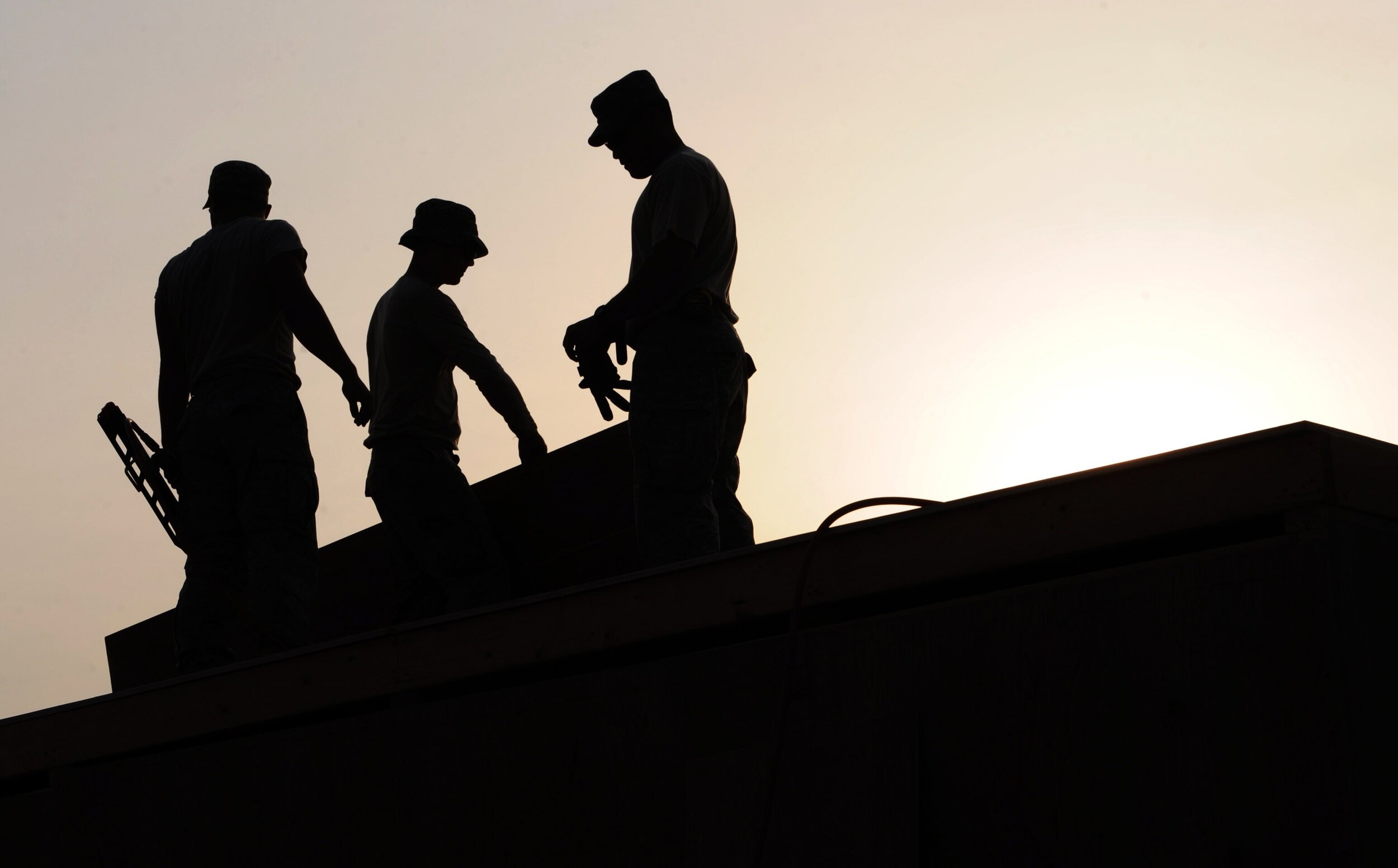
This Labor Day, Hawaiʻi’s workers need more help than ever
Hawaiʻi’s workers keep our state and economy going through good times and bad. This upcoming Labor Day, they desperately need support to weather what’s become a storm of record unemployment.
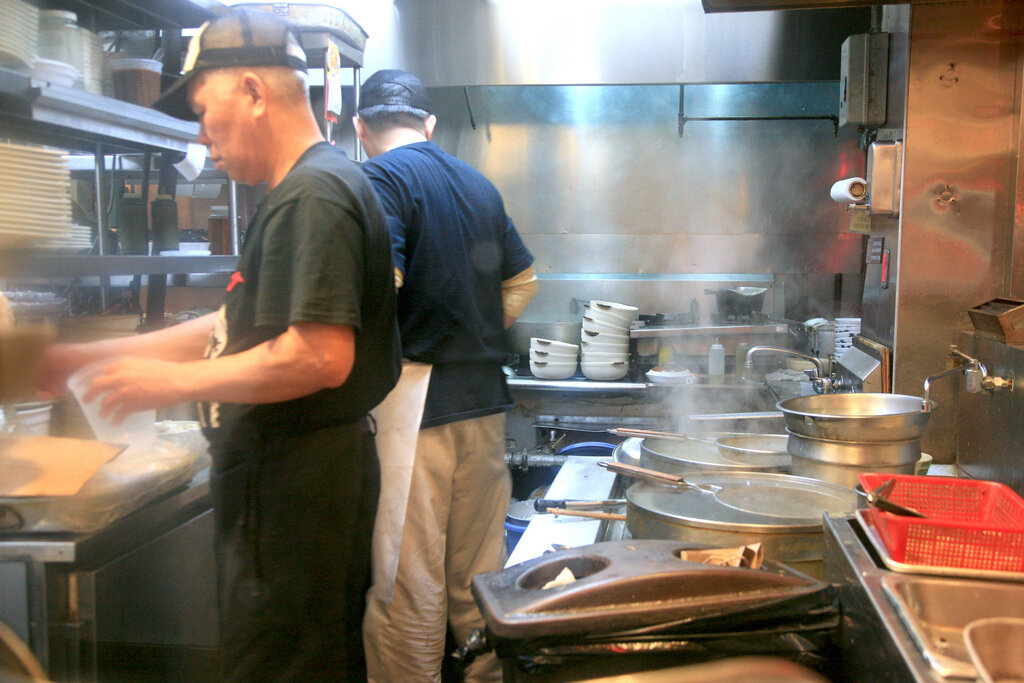
Honolulu minimum wage is lowest among 15 most expensive U.S. cities
While residents of metropolitan areas with high prices also tend to have higher incomes, that’s not the case in Honolulu—and especially not true for minimum wage workers.

Hawaiʻi drops to 44th in the nation in children’s summer meal participation
The drop means that 123 fewer children in Hawaiʻi received meals through summer lunch programs in July 2019 compared to July 2018.
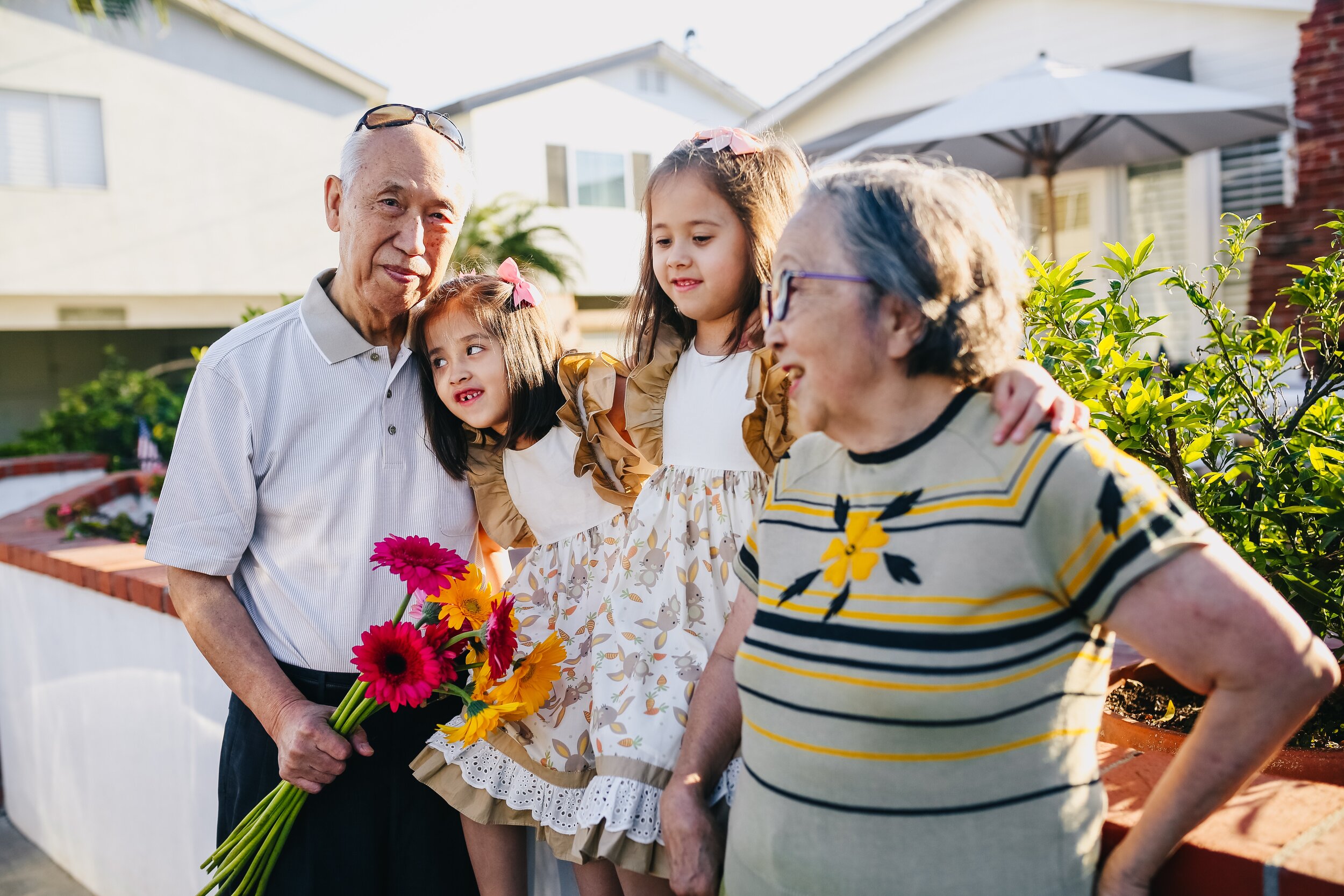
Hawaiʻi’s crowded households could make safely reopening schools harder
With the highest portion of multigenerational and crowded households in the nation, how should our state policy on reopening schools differ?
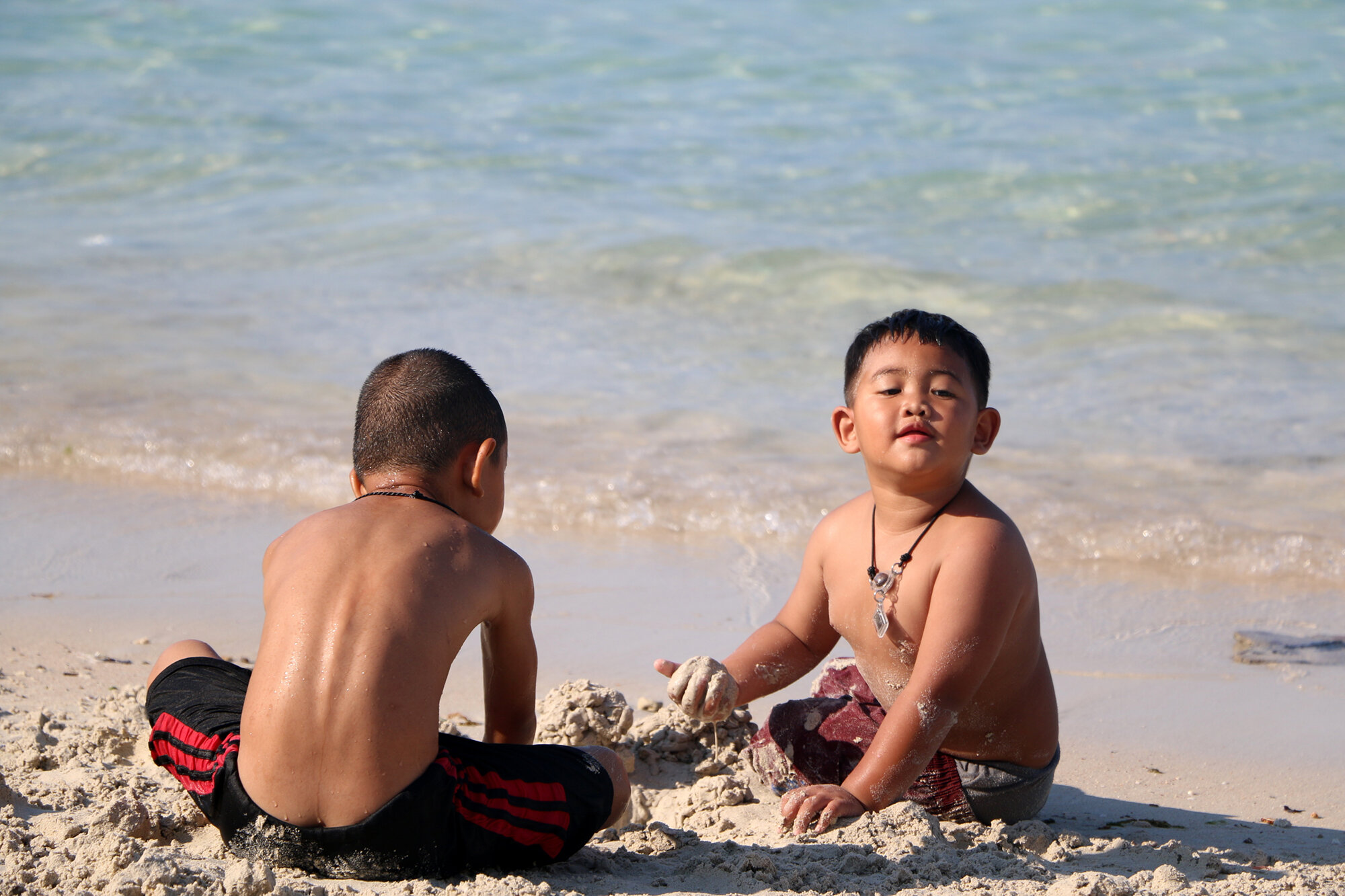
Free grab-and-go meals for keiki expands to Molokai
A partnership of nonprofit and government organizations that provides free healthy grab-and-go meals to keiki has expanded to Molokai.
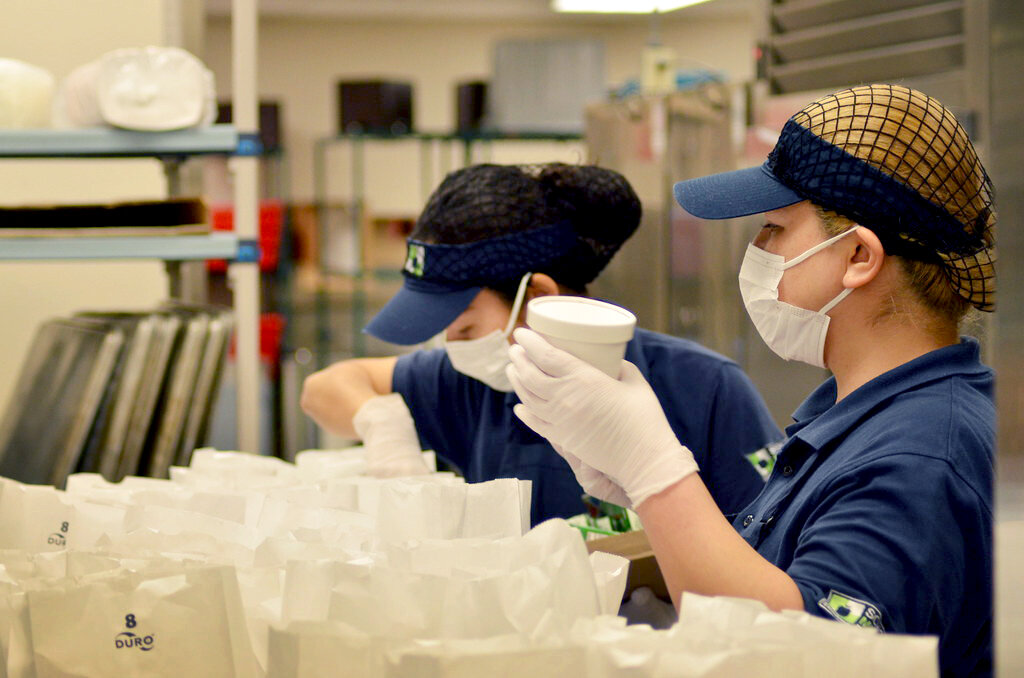
Community sites expand free meals for keiki through the summer
With several new sponsors and sites now on board, the community sites are now serving well over 5,500 children and youth per day.

Hawaiʻi’s household income loss is the highest in the nation
6 in 10 Hawaiʻi adults now live in a household in which at least one person has lost income

Community partnership doubles free keiki meal capacity
Nine new sites will open at Kamaʻāina Kids preschool locations in Honolulu, Kāneʻohe, Kailua, ʻEwa and Mililani on Oʻahu, as well as in Kahului on Maui.

Who are Hawaiʻi’s frontline workers?
The pandemic has shown us how crucial frontline industry workers are to Hawaiʻi’s economy. Sadly, many of these workers are underpaid and under-protected.
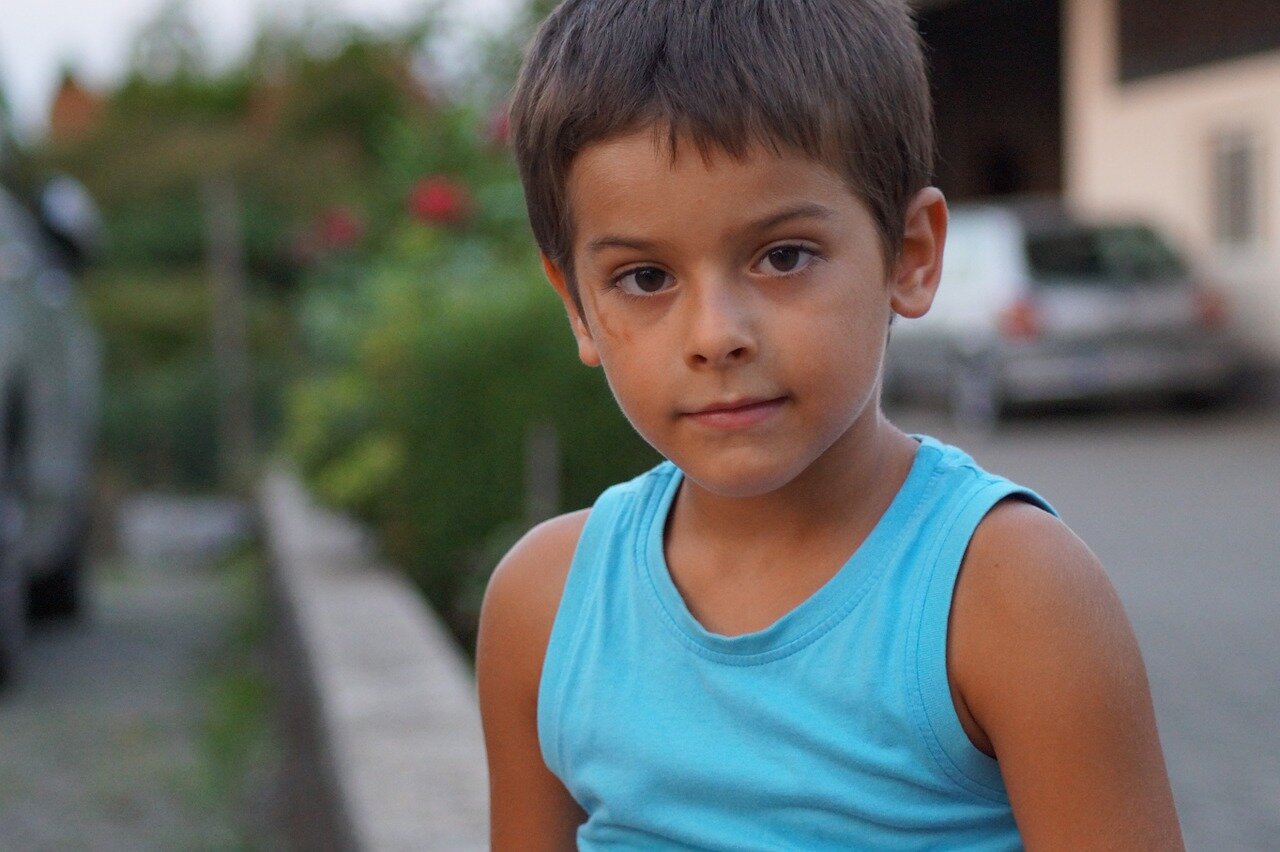
Community partnership will serve free meals to keiki during school closure
Five sites will be open on Prince Kūhiō Day when Department of Education sites will be closed.

State research confirms economic benefit of minimum wage hikes
The Department of Business, Economic Development and Tourism’s latest report demonstrates that a living wage is not only possible, it is economically desirable.
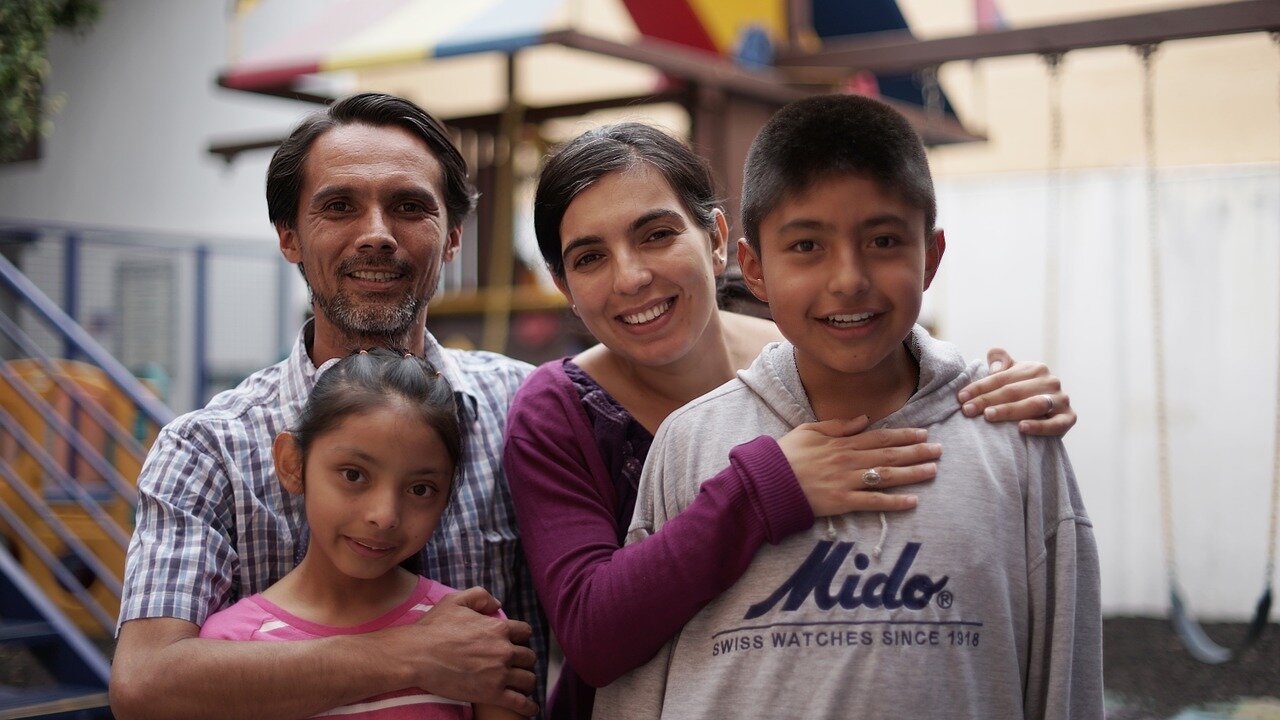
Trump’s Public Charge rule could cost Hawaiʻi tens of millions in revenue
The financial cost of the rule change is in addition to the harm done to the health and resilience of immigrant families through the “chilling” effect on benefits-use that has already been documented in Hawaiʻi.
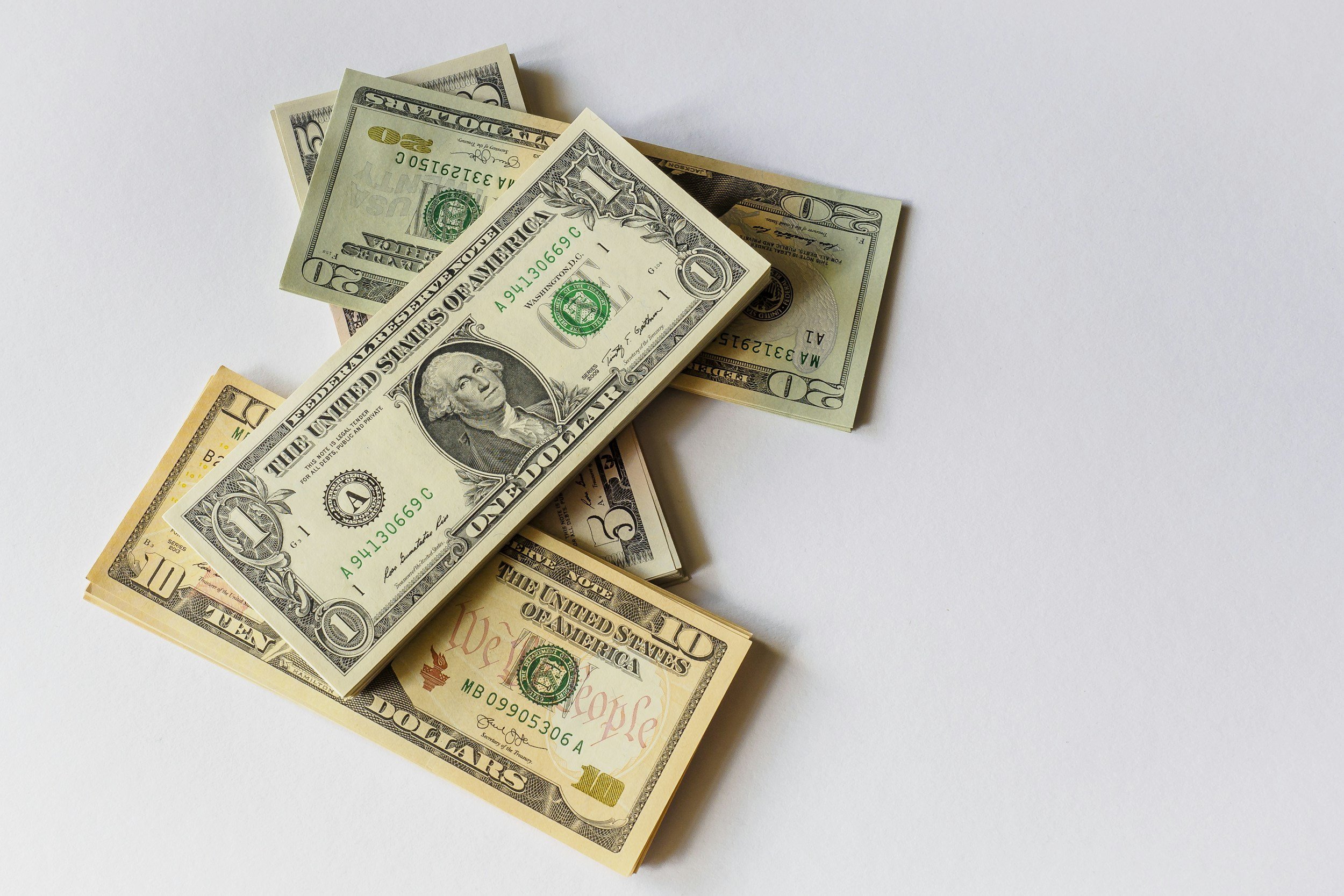
No cause for panic: Hawaiʻi’s economy is OK
A quarter of slow growth is no reason for lawmakers to forgo important economic justice measures like raising the minimum wage.

Protecting SNAP benefits for Hawaiʻi’s working families and seniors
The Trump Administration is floating a proposed rule change that would take away food assistance benefits from struggling families.
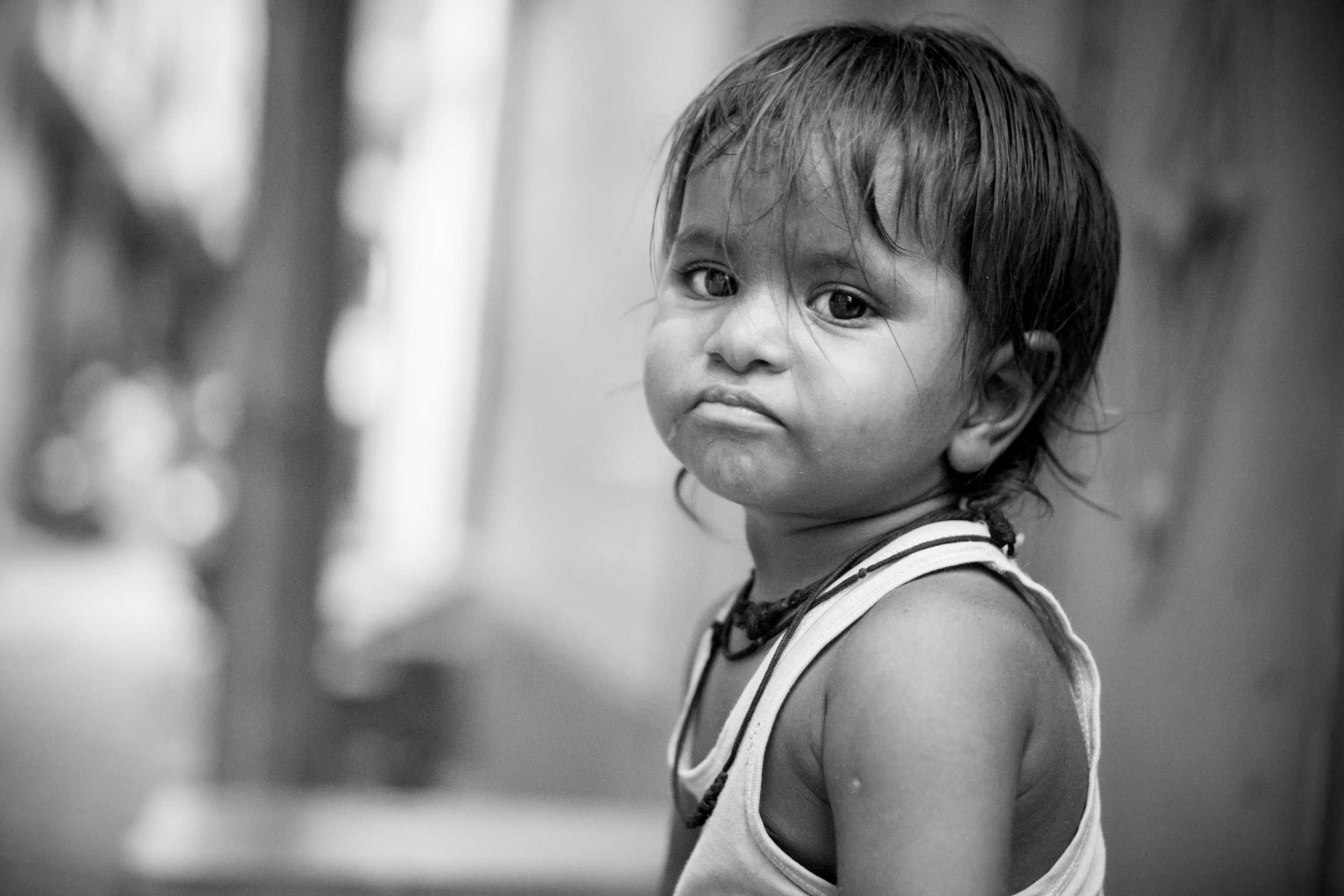
Redefining poverty would throw millions off critical social support programs
A Trump Administration rule change would force millions of Americans off critical programs that help women, children and families meet their basic needs.
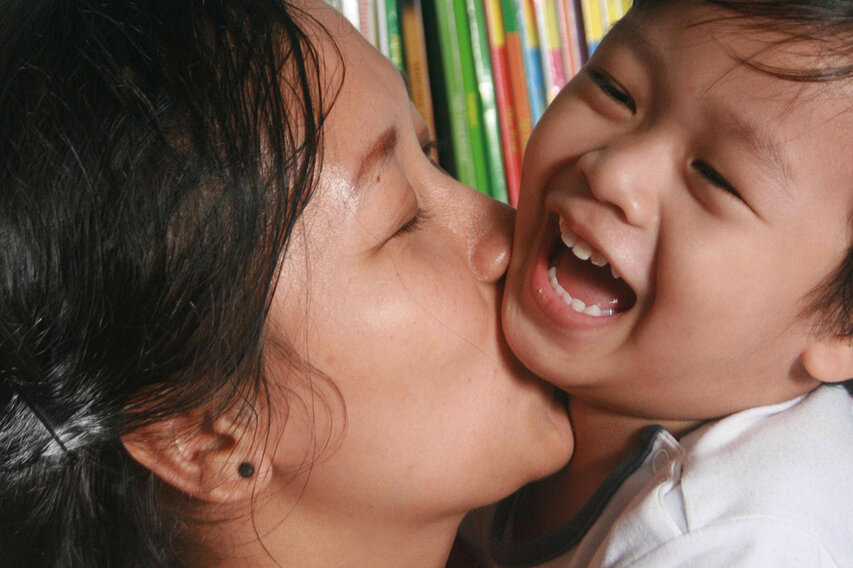
How high is too high? We actually know a lot about minimum wage increases
Raising the minimum wage would boost not just the pay of many struggling Hawaiʻi workers and their families; it would also boost the local economy.

Hawaiʻi isn’t as good for women as it seems
Disaggregated data and a more accurate poverty measure reveal a different story for women in Hawaiʻi than some headlines suggest.
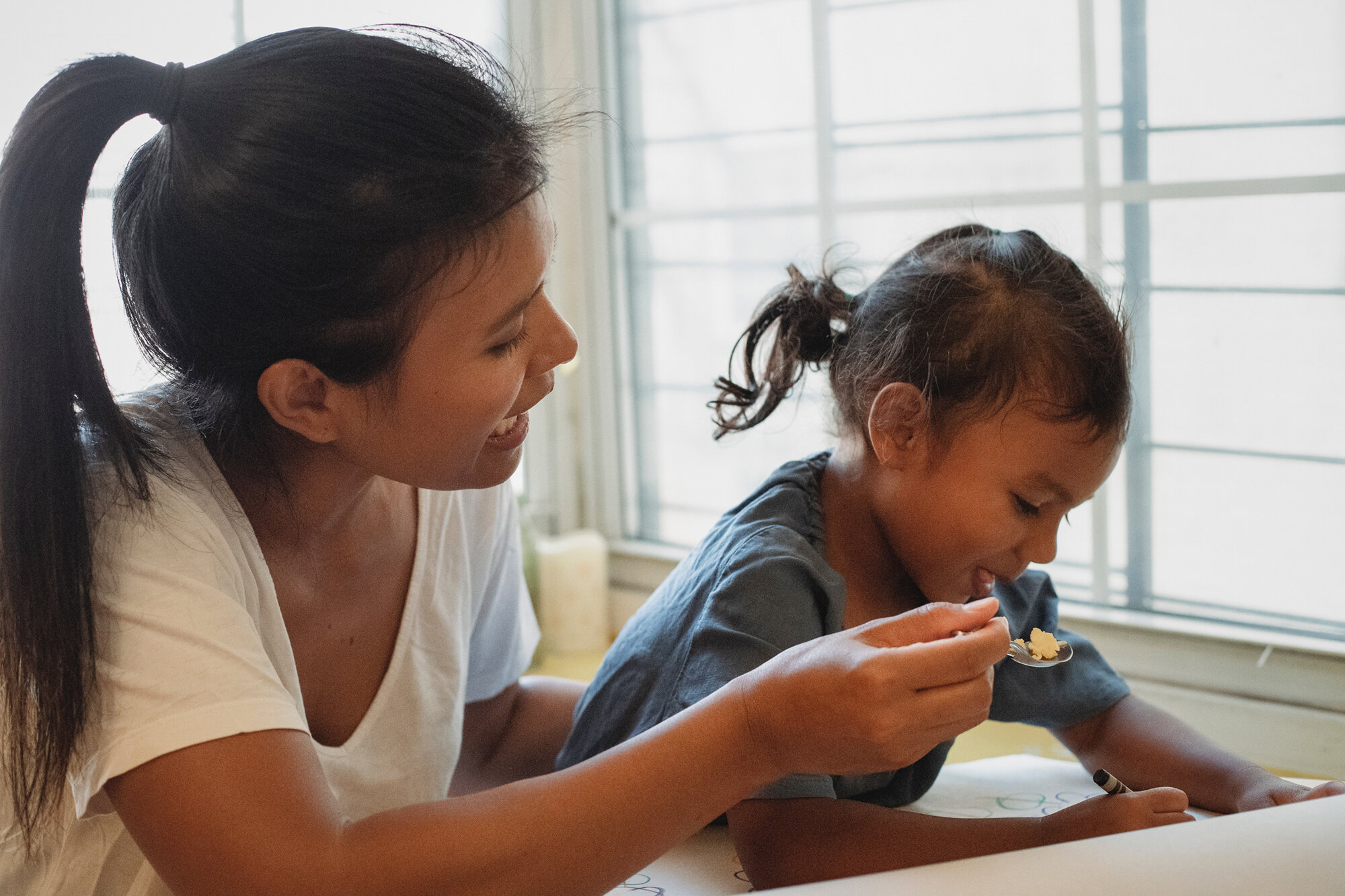
February SNAP benefits will be distributed early due to government shutdown
The early distribution could result in major disruptions to household food budgets should benefits run out before the next scheduled distribution in March.
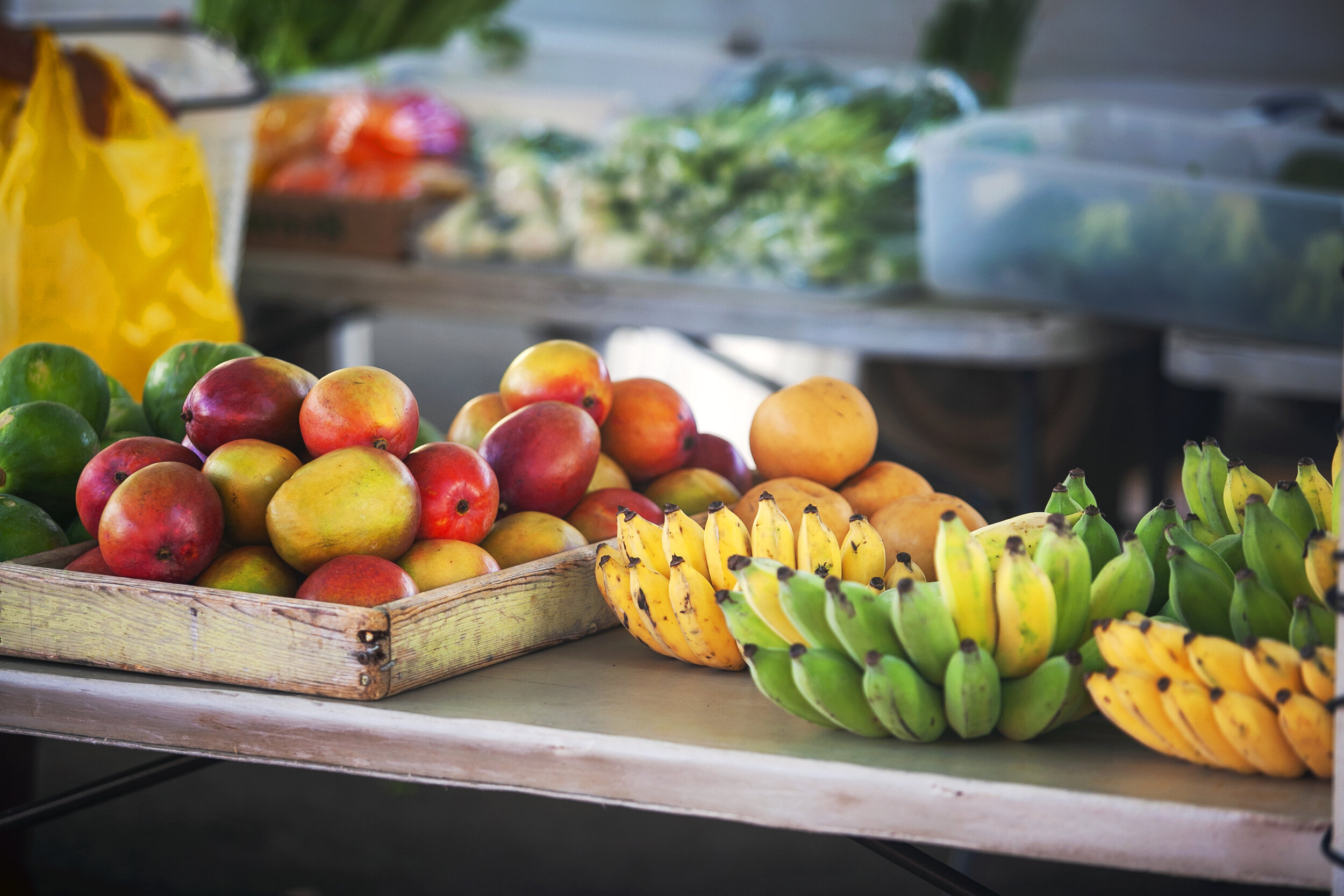
Farm bill protects SNAP, other critical nutrition programs
The bill includes provisions that invest in our island’s rural communities, provide funding for farmers and advance sustainable community food systems.
